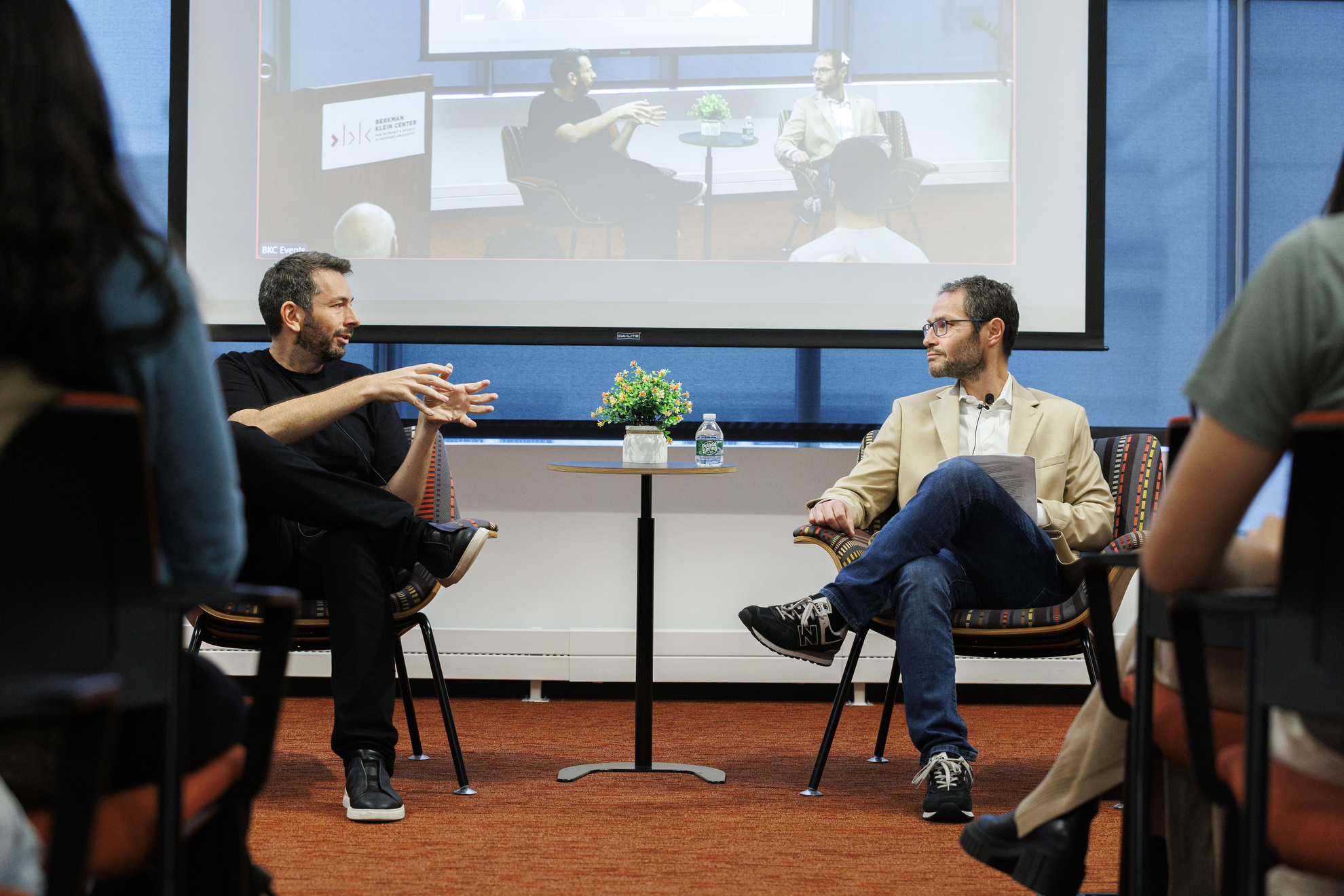
"Why has the computational power of brains, not just of AI models, grown explosively throughout evolution?"
"According to Agüera y Arcas, human brains evolved to be computational, meaning that they process information by transforming various kinds of inputs into signals or outputs, and that most of the computation that brains do takes the form of predictions, which is what AI systems do."
"I don't mean this metaphorically. I mean it very literally ... The premise of computational neuroscience is that what brains do is process information, not that they are like computers, but that they are computers."
Human brains evolved increased computational power over hundreds of millions of years, moving from very small or nonexistent brains to far greater complexity. Brains operate as computational systems that process inputs into signals and outputs, with much of that computation taking the form of prediction, paralleling AI systems. The growth of computational capacity is linked to social and cooperative origins that enable greater complexity. Insights draw on computational neuroscience and ideas from thinkers such as Alan Turing and John von Neumann to connect evolution, computation, biology, and the nature of intelligence.
Read at Harvard Gazette
Unable to calculate read time
Collection
[
|
...
]